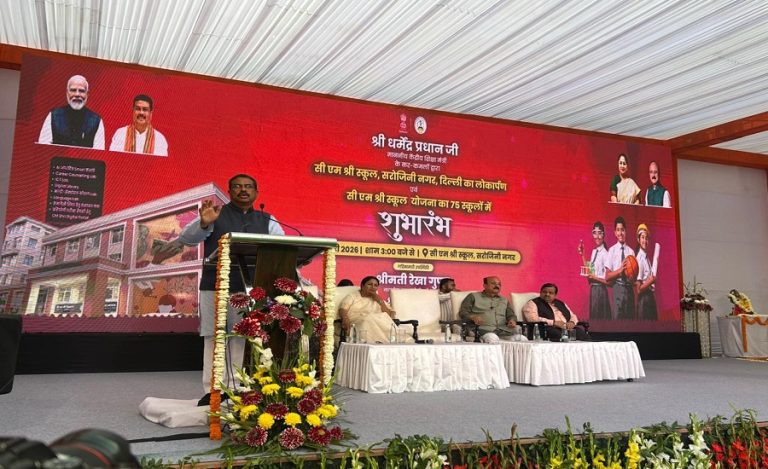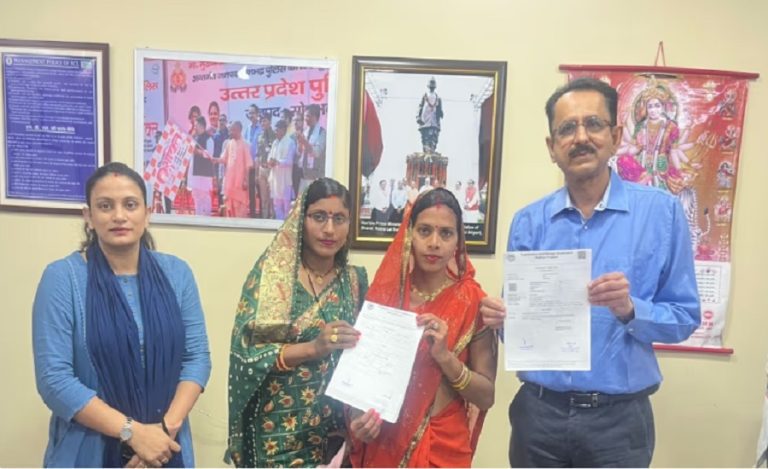In a significant development that has sparked optimism among retired civil servants, the Supreme Court has issued notice on a writ petition filed by the Forum of Retired IPS Officers (FORIPSO). The petition seeks to strike down Part IV of the Finance Act, 2025—particularly the section validating the Central Civil Services (Pension) Rules and permitting expenditure on pension liabilities from the Consolidated Fund of India with retrospective effect. The petitioners contend that the amendment violates Article 14 of the Constitution and aims to nullify judicial orders that previously ensured pension parity.
Why the Petition Matters
FORIPSO argues that the retrospective amendment undermines the Delhi High Court’s landmark judgment dated March 20, 2024, which the Supreme Court affirmed on October 4, 2024. These judgments held that pension cannot be differentiated based solely on the date of retirement. The core grievance concerns disparity between pensioners who retired before January 1, 2006, and those retiring after that date.
Supreme Court Issues Notice to Key Ministries
A bench comprising Justice K.V. Viswanathan and Justice Prasanna B. Varale has issued notice to the Ministry of Law and Justice, Ministry of Finance, and the Department of Pension and Pensioners Welfare. The move is widely seen as a positive step for thousands of pre-2006 pensioners awaiting fair treatment.
Background: A Long Road to Parity
The battle began in 2012, when the petitioner forum challenged pay and pension disparity before the Central Administrative Tribunal (CAT), arguing that discrimination based on retirement date violated constitutional guarantees of equality. The dispute traced its roots to the 6th Central Pay Commission, which introduced differential treatment through an Office Memorandum dated September 1, 2008.
CAT Quashes Discriminatory Policy
On January 15, 2015, the CAT struck down the memorandum, relying on landmark Supreme Court rulings such as DS Nakara v. Union of India and SPS Vains (Retd.) v. Union of India. CAT held that creating artificial classifications among pensioners was unconstitutional. Meanwhile, even as the 7th Central Pay Commission continued similar recommendations, petitions challenging those disparities remain pending.
Delhi High Court Upholds CAT Order
The Delhi High Court, on March 20, 2024, upheld CAT’s decision and clarified that retirees were entitled to revised pensions with effect from January 1, 2006. It directed the Union Government to release all dues within eight weeks. However, compliance did not follow, prompting the petitioners to file a contempt petition.
Supreme Court Rejects Government’s SLP
The Union Government escalated the matter through a Special Leave Petition, but the Supreme Court dismissed the challenge on October 4, 2024, reaffirming the pensioners’ rights.
Retrospective Amendment Triggers Fresh Dispute
During contempt proceedings on April 8, the Government argued that the newly enacted Finance Act, 2025, with its retrospective validation, freed it from the obligation to follow previous judicial directions. A referral to a Division Bench was made but later set aside on May 13 after the petitioner forum challenged the validity of such a referral during contempt adjudication.
Parallel Petitions and Consolidated Hearing
In a related development, the All India S-30 Pensioners Association also approached the Supreme Court via W.P. (C) 525/2025, receiving notice on May 23. On November 24, the Supreme Court ordered that both petitions be tagged together for a consolidated hearing—seen as a crucial step towards a unified and just resolution for all affected pensioners.
Path Forward
The apex court’s intervention brings renewed hope for equitable pension reforms and reinforces the principle that legislative actions must align with constitutional mandates. Retired officers view this as an encouraging sign of institutional sensitivity toward long-pending pension concerns.




























